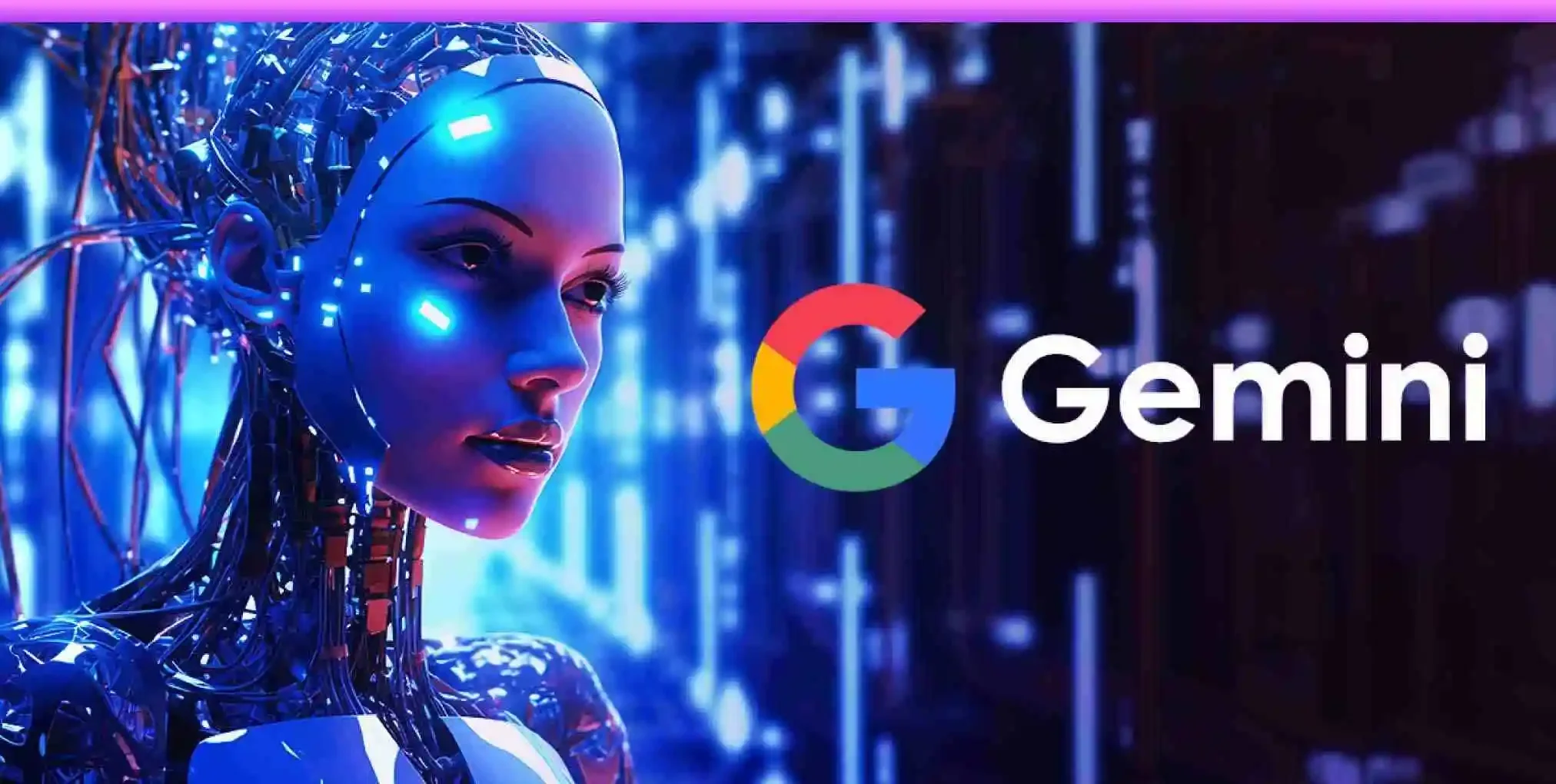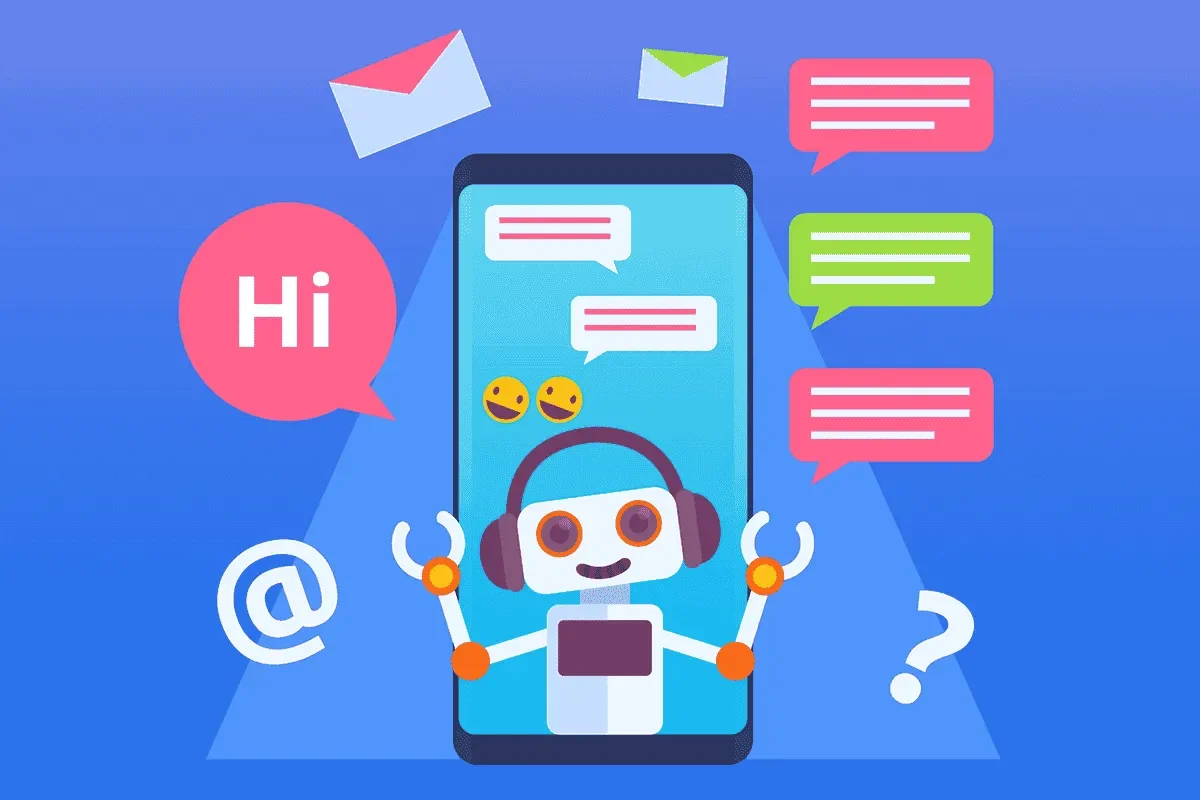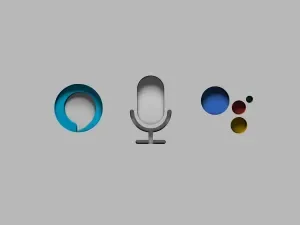AI chatbots are now built into nearly every app and have become part of our everyday lives. From browsers to phones and even word tools, they can answer questions in seconds.
Yet, when people need to check facts or find a trusted source, they still go back to Google. Why is this the case? The idea of search is changing fast, but trust and accuracy are hard to automate.

This is one of the core reasons why an AI assistant will not be able to completely replace traditional search.
Search feels broken, not better
AI tools were meant to make search simple. You ask, they answer. No ads, no extra tabs, no long lists of links. But what users got instead was a messy mix.
Each app now has its own AI assistant, and they all act differently. Some give short answers, some write long notes, and others just link out.
So even though we have more ways to ask for information, the act of searching feels more split than ever. Users move from one AI tool to another, hoping to get what they want in one go. The result is more noise, not more help.
People still crave proof
AI can write fast, but it can also be wrong or misleading. This is another major reason why an AI assistant can not replace regular search.
AI responses may sound right, yet the facts may be off or made up. ChatGPT recently cost a lawyer $10,000 for making up legal citations that were fake and non-existent.
This is one of the reasons why many people still double-check with Google. They want to see where the info came from. They want to click the link, scan the page, and judge for themselves.
Google may not be perfect, but it shows sources, not guesses. That’s still a big deal when facts matter. A search engine gives a choice. AI gives one voice, and people don’t always trust that one voice, even if it sounds smart.
Chatbots miss the open web
AI chatbots work well when the question is short. Ask for a recipe, a quick fix, or a note rewrite, and they shine. But they fall short on the open web. They don’t crawl new pages or find the most up-to-date info. Their answers often come from old data or text seen months ago.

Search engines live on new data. They pull from news, forums, and sites updated by the hour. AI, by design, pulls from what it already knows. That gap grows each day, and users start to see it. They might ask a chatbot first, but they still click “Google it” to be sure.
The comfort of habit and choice
Search isn’t just about data; it’s about control. When people type on Google, they can pick what link to trust. They can scan reviews, check news, or read full pages. AI tools skip that step. They give a neat, short answer and move on.
For some, that feels nice, but for others, it feels wrong. They want the act of choice, not the illusion of one. It’s why many still open Google even after asking an AI. It’s not about speed; it’s about the small sense of control that comes with picking your own source.
Trust takes time, and AI hasn’t earned it yet
Trust online takes time to build. Google took decades to gain it, with a mix of data, ranking rules, and transparency. AI chatbots are still new, though they sound sure, but users know that tone can mislead.
To gain the trust of users, AI will need to show some sort of proof, not just mere words. Users want to see links, names, and dates. They want to know where the info came from. Until that happens, smart people who need accuracy will keep one tab for chat and another for search.
AI is changing the act of search, not replacing it
AI has made people rethink what “search” means. We now expect quick, natural replies instead of ten blue links. But it hasn’t killed the need to dig deeper. When the answer matters, people still want to see the source.
So yes, AI assistants can help you find fast answers. They can chat, plan, and even write. But when accuracy and trust matter, the old search box still wins. Not because it’s smarter, but because it lets people think for themselves.
Source from Gizchina
Disclaimer: The information set forth above is provided by gizchina.com independently of Alibaba.com. Alibaba.com makes no representation and warranties as to the quality and reliability of the seller and products. Alibaba.com expressly disclaims any liability for breaches pertaining to the copyright of content.




